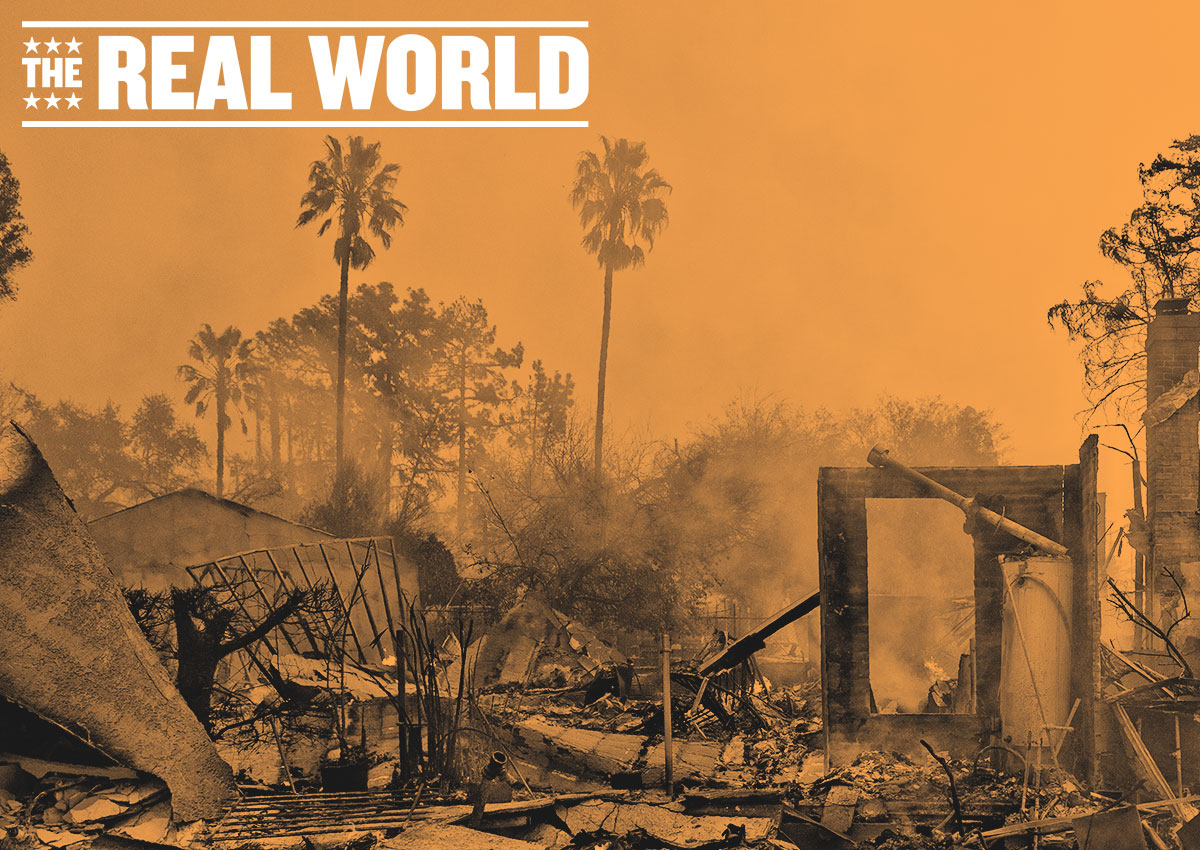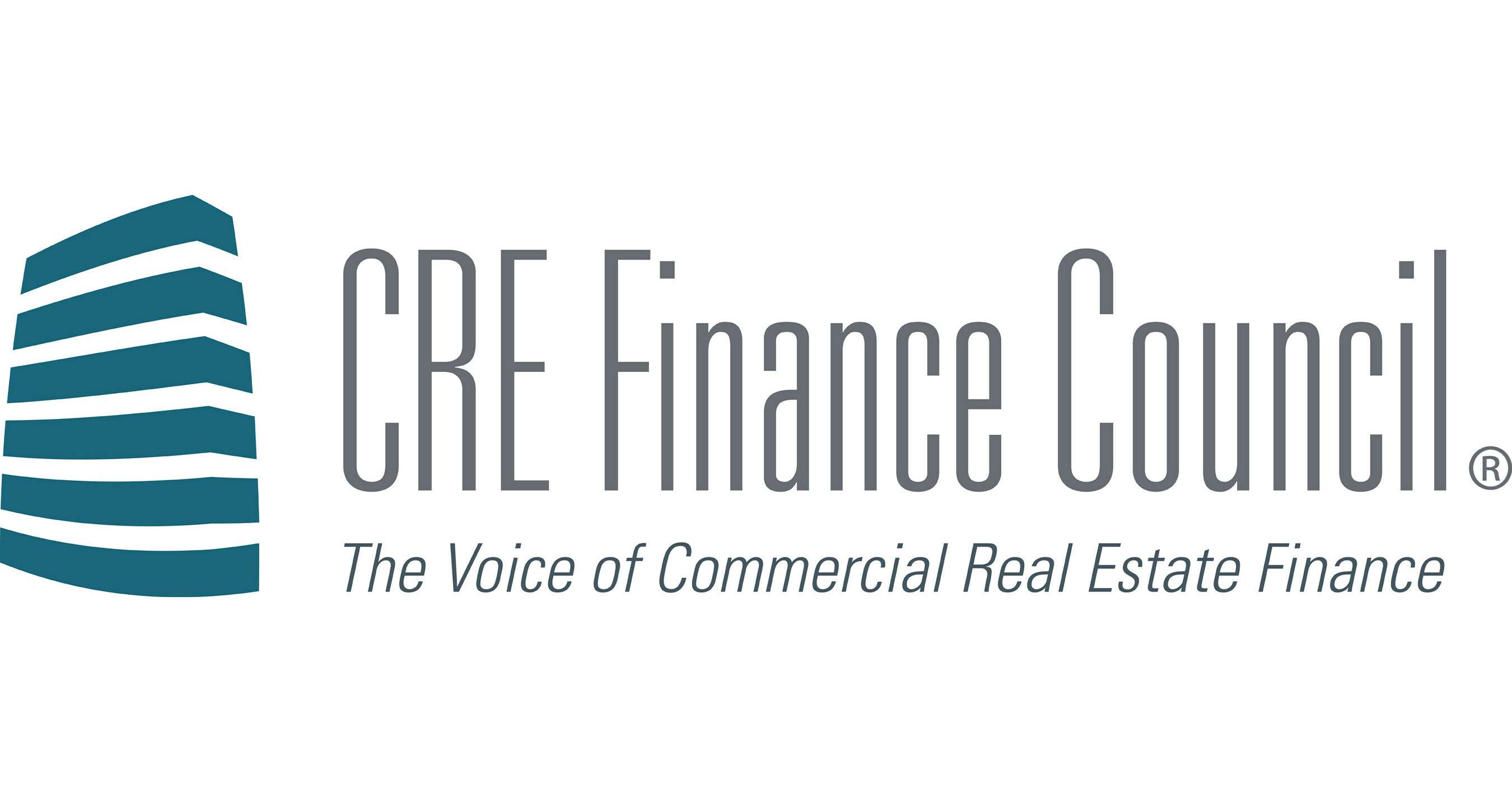T
he insurance industry is facing a crisis as natural disasters fueled by global warming continue to wreak havoc on the US. Last year's losses were the worst since 2017, with insured losses rising proportionally. Munich Re's Thomas Blunck notes that "one record-breaking high after another" has devastating consequences, making climate change increasingly evident.
The impact on real estate is significant, as insurance is essential for property ownership. In California, homebuyers can now back out of contracts if they can't secure a policy, while in the Bronx, multifamily premiums have doubled in five years, pushing owners toward foreclosure. Insurers are fleeing fire-prone areas like California and storm-prone Florida, leading to an insurance crisis on Long Island.
Government intervention is often necessary when insurers refuse to cover a market, but this can take years and lead to chaotic interim periods. Public insurance has its own problems, as seen with the National Flood Insurance Program, which encourages people to move into flood-prone areas, setting up even more devastating losses.
The California fires' estimated total damage of $20 billion will likely drive up premiums and reduce property insurance availability, according to Moody's Denise Rappmund. The state's FAIR program, a high-risk pool for fire insurance, has nearly tripled in size since 2018, with "numbers that are frightening," says Mark Sektnan of the American Property Casualty Insurance Association.














